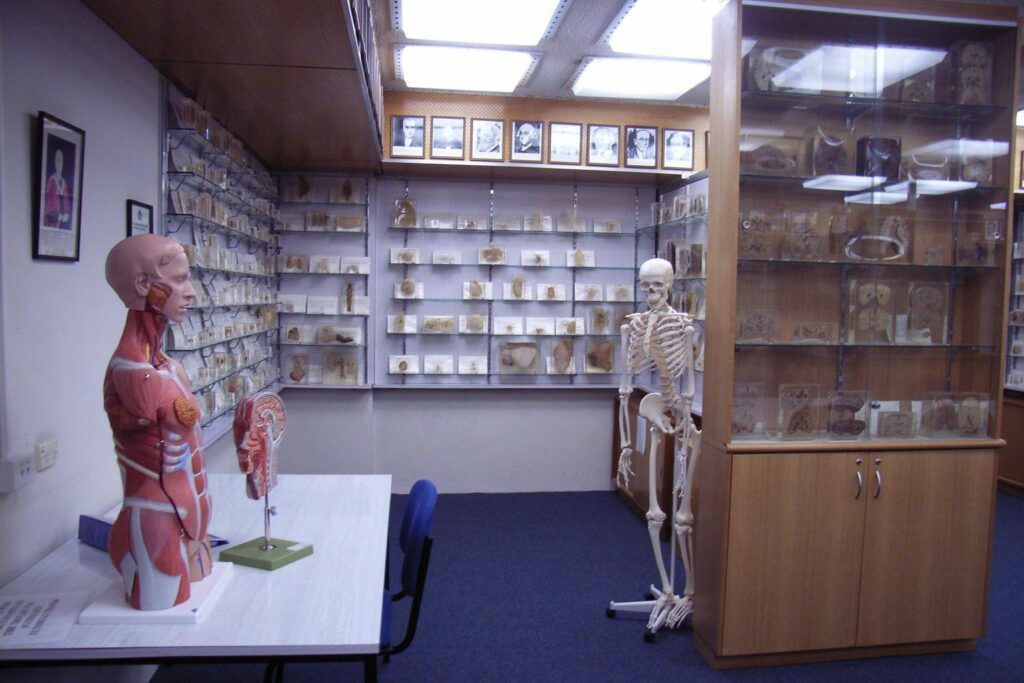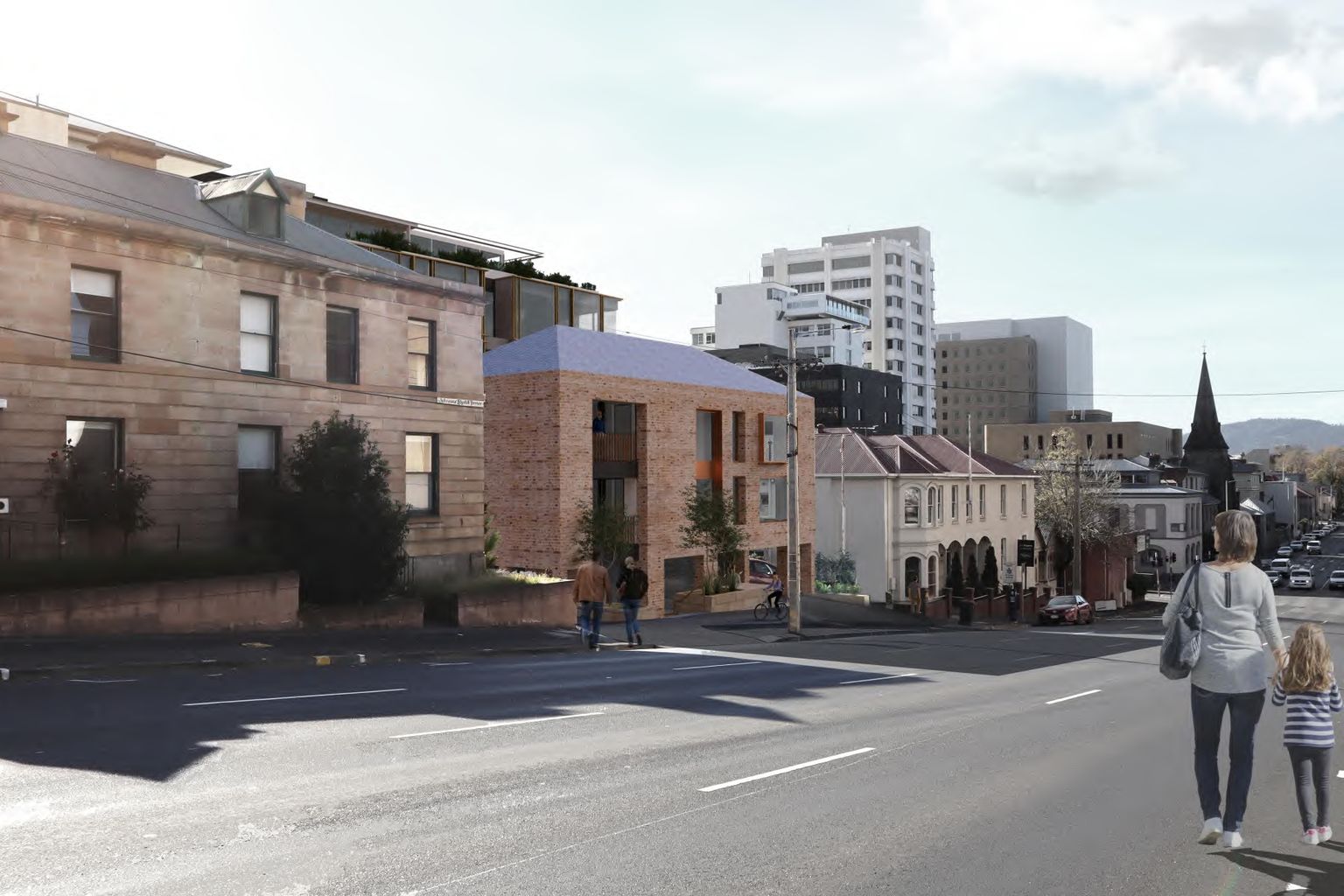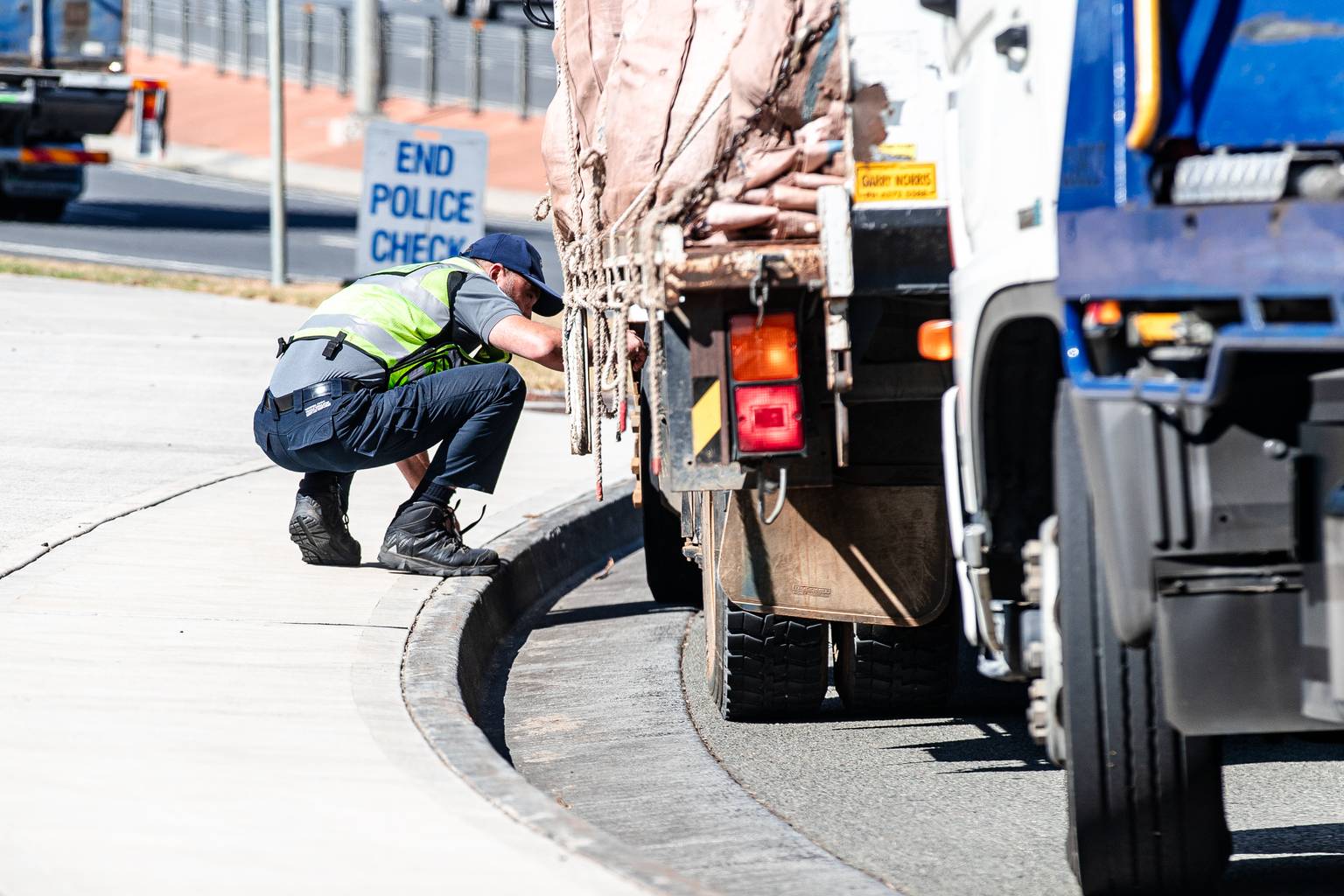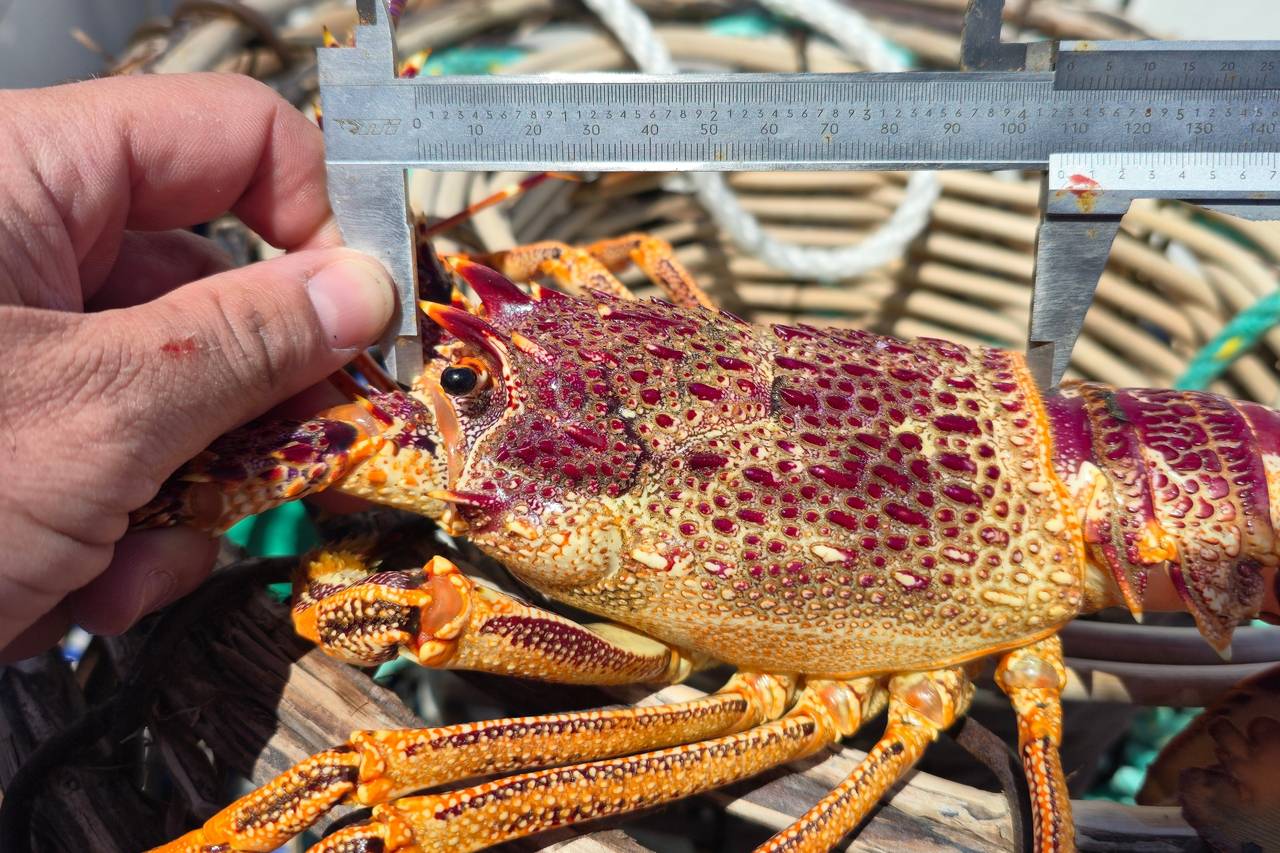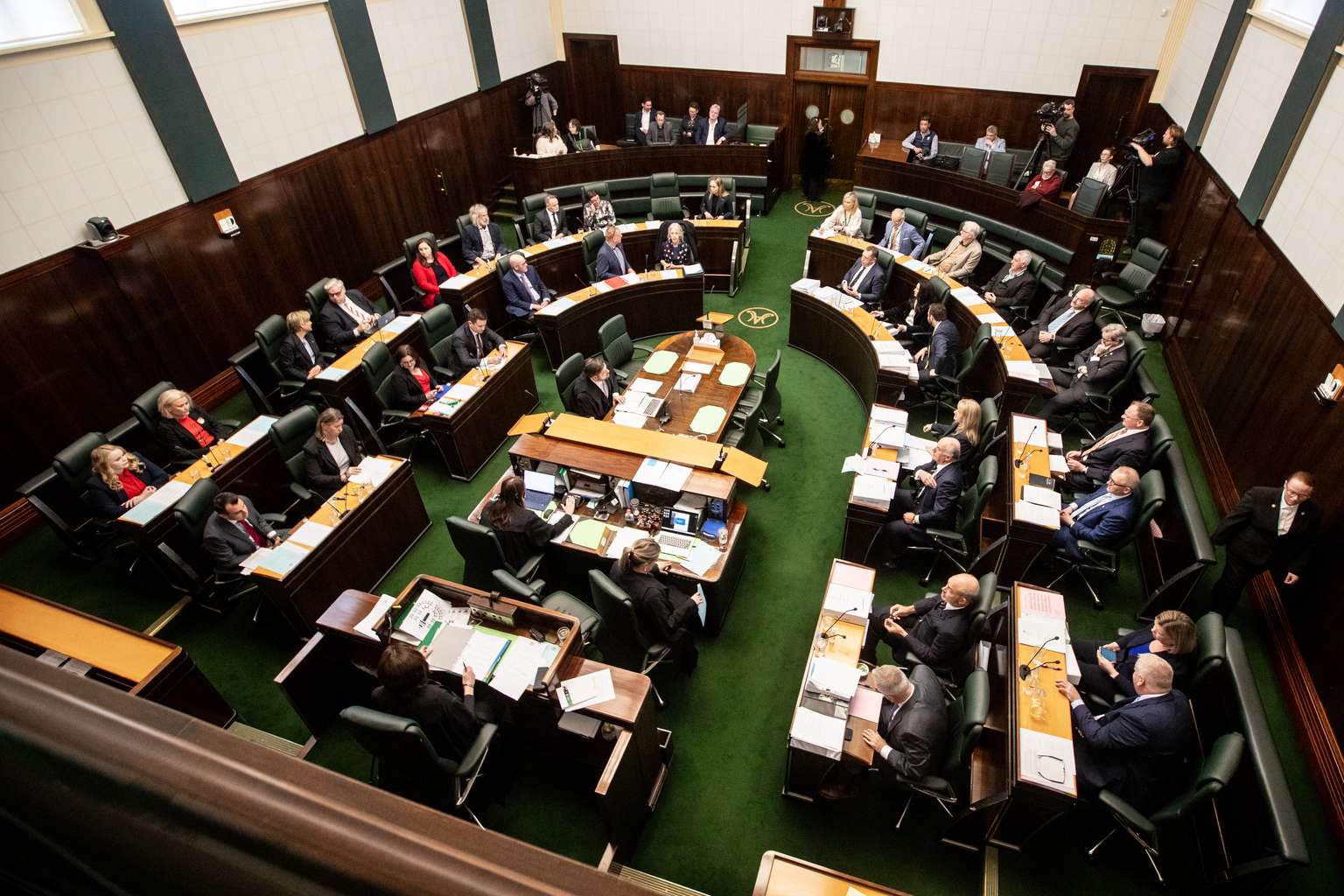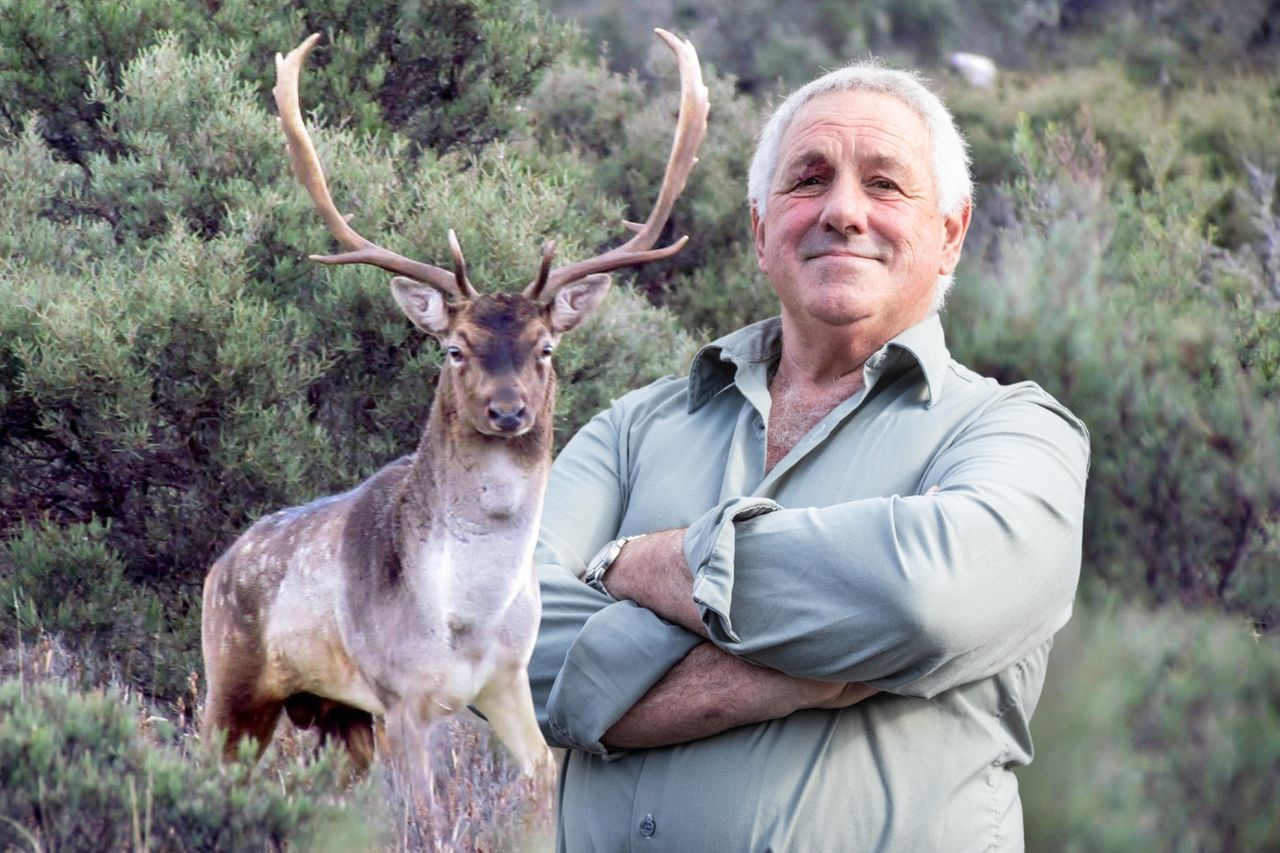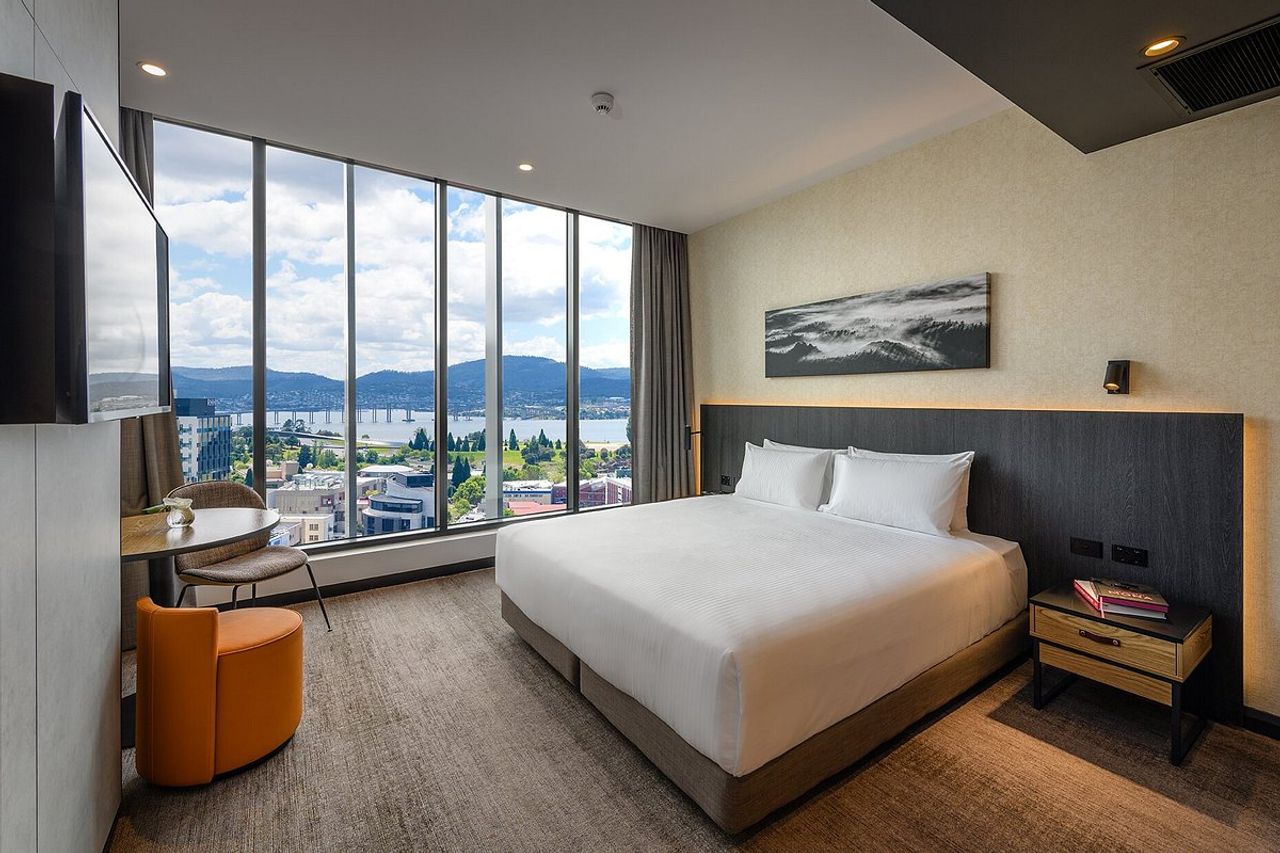Pathologists may have secretly taken body parts from autopsies for a Tasmanian museum display over 25 years without the knowledge of families or coroners, an investigation has found.
Coroner Simon Cooper revealed medical professionals between 1966 and 1991 “actively sourced” body parts from coronial autopsies to stock the University of Tasmania’s pathology museum.
The probe examined 177 specimens displayed at the R.A Rodda Museum of Pathology in Hobart, after staff raised concerns in 2016 about questionable samples.
“It appears at this stage that now-dead forensic pathologist Dr Royal Cummings was the person who provided the large majority of coronial specimens to the museum,” Cooper said in his findings.
“However, it also appears that his predecessors and successors also engaged in the practice.”
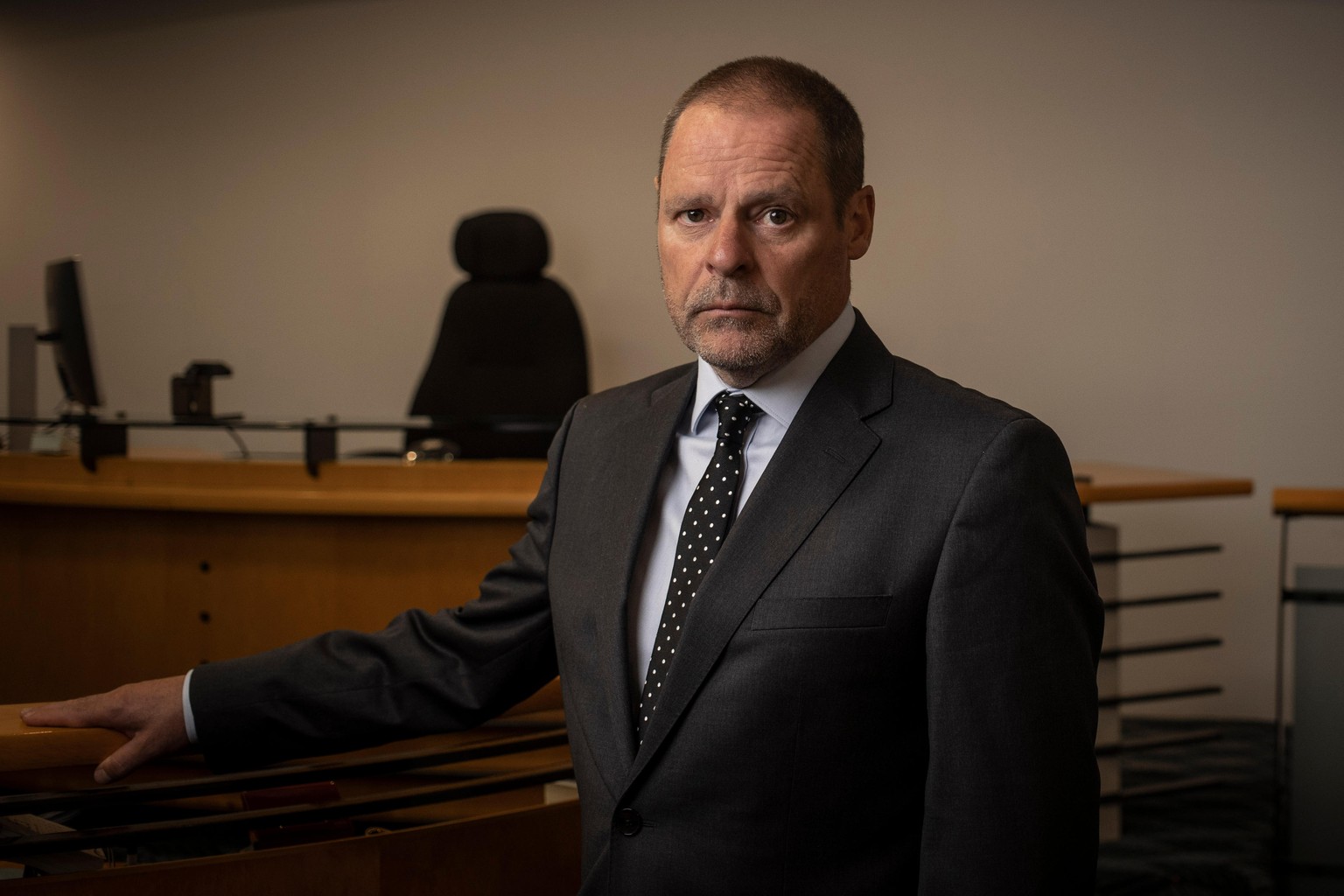
“It also appears that pathologists may have actively sourced specimens from coronial autopsies to give to the museum, as well as providing specimens that had been retained for forensic purposes under the Coroners Act 1957.”
Both under laws of the time and current regulations, body parts from coronial investigations cannot be used for research or education without family consent.
Coroners investigating sudden deaths control the body during inquiries but must release complete remains to families for burial or cremation.
“The retention of human remains without family or coronial approval, or even knowledge, is an historic practice out of keeping with and offensive to contemporary standards and values,” Cooper said.
“It is inconceivable to my mind that it would ever happen again, although the fact that the practice continued for as long as it did and ended only comparatively recently is also almost equally inconceivable.”
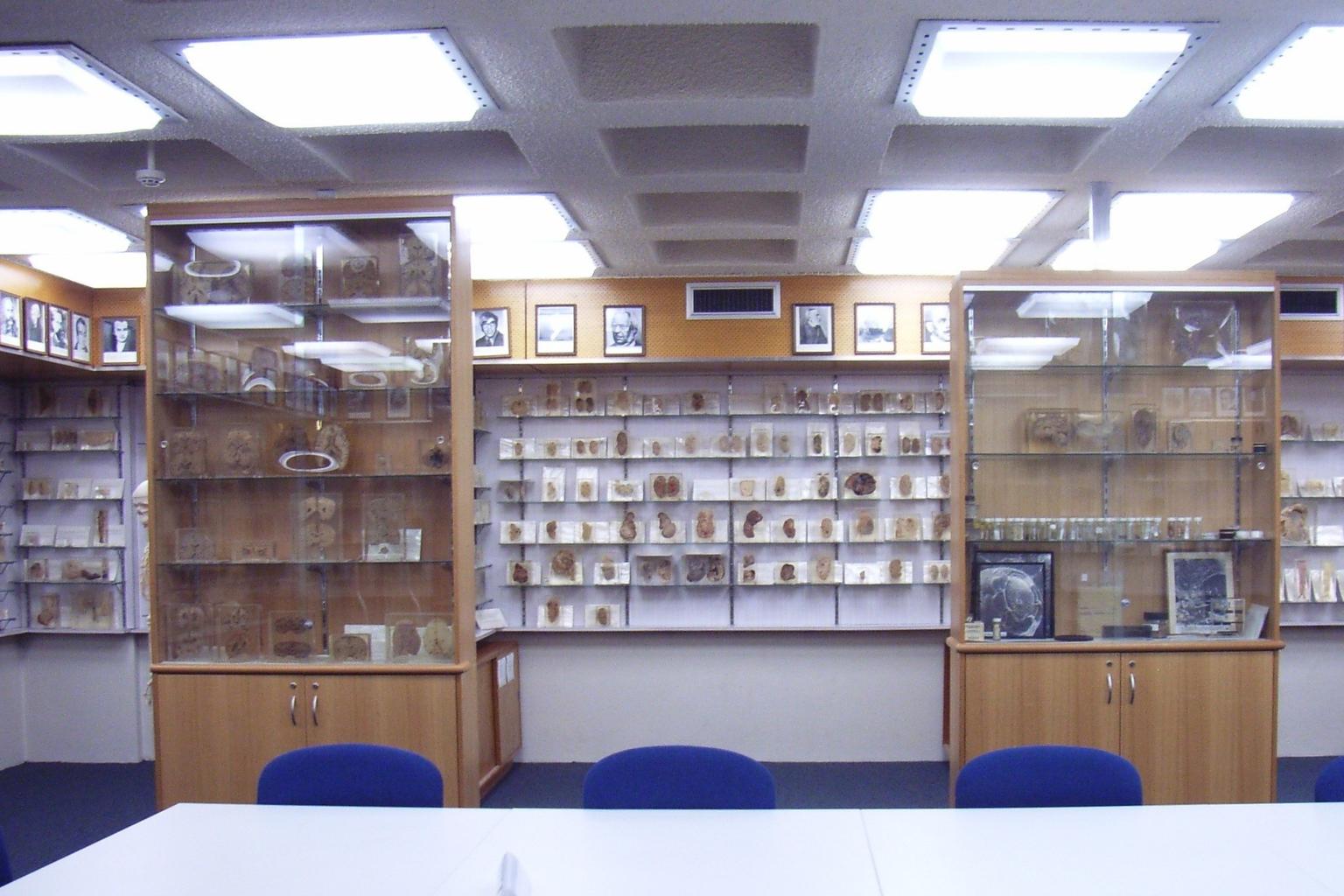
University of Tasmania Deputy Vice-Chancellor for Health Graeme Zosky apologised to families.
“The University of Tasmania is deeply sorry for the sadness and hurt felt by family members who learned that parts of their loved ones were collected during coronial autopsies and retained without consent,” he told Pulse.
“This historic practice no longer occurs and has not for several decades.”
The museum contacted the Coroner’s Office in 2016 about specimens from 1982 autopsies that appeared to lack proper consent. Further investigation revealed 177 specimens had been improperly retained.
Zosky said they “welcome the conclusion” of the investigation, acknowledging it had been a “traumatic experience for the families involved”.
“University staff met personally with many families who were seeking further information and understanding of the history of this matter – on campus or in their homes – and we remain available to them,” he said.
“We will carefully consider the coroner’s report to determine any further actions.”
Cooper ordered all 177 specimens be removed from display in 2018. He made no formal recommendations in his findings.

